
Slang You Must Know Before Joining A Poker Table
Poker is more than just a game of cards; it’s a conversation. If you’re new to poker, maybe you immediately think the conversation refers to reading faces and noting small changes on your opponents’ faces, but no, we’re not talking about that. We’re talking about the slang that gets tossed around the table.
If you’ve joined a poker table before, you might have heard words like ’the nuts’ or ’bad beat’. Poker has a unique vocabulary that might make you feel like an outsider when joining the game without knowing the lingo. It’s essential knowledge, as poker is all about confidence and banter. Even if your poker face still needs work, knowing this slang can help make you feel like you belong.

Poker has a thick vocabulary book and tons of slang that are often exchanged across the table. You might be excited to try some of the most popular poker games on our site, like Aces and Faces Multihand, but knowing one or two terms before playing can give you an advantage. So, let’s tackle the essential ones so you can talk the talk without going all-in.
Bad Beat

The words bad beat describe a situation where a player with a strong hand loses to an opponent with a weaker hand, usually due to an unlikely turn. So, you can say that someone is going through a ’bad beat’ when experiencing this situation.
Fish

Fish is a prevalent term that poker players often use to describe a weak player at the table. This is important to know so you’ll get an idea of what other players are saying about you, but it’s not a word you can freely say, as it’s considered derogatory and rude to call someone a fish. If you’re playing poker offline or are using the chat function on live poker, it’s best not to call someone a fish.
A "fish" often doesn’t understand even the basic rules or strategy of poker. They may be inexperienced and haven’t yet understood how to play their hands. They’d have difficulty folding, and their patterns are generally predictable. Spotting a fish on the table can help you win, as you can take advantage of their weakness and bluff more often against them.
Donkey

Like fish, a donkey describes inexperienced players often seen as weak. However, the difference is that donkey players usually show erratic plays and chase the maximum profits at the table. They’ll often make mistakes due to reckless behavior and exaggerate their reactions. The reaction may be positive or negative. In general, they tend to lay their emotions on the table.
Strong players usually take advantage of donkeys’ erratic behavior and emotions, leading them to make more mistakes. Donkeys may overvalue weak hands, bet aggressively without a plan, or chase unlikely outcomes.
Shark

Sharks are the opposite of donkeys, as they rarely show their emotions and would showcase calm play. They’ll observe everyone’s behavior and understand poker strategies well. Each decision is well calculated based on their opponents’ behavior and probabilities.
You can spot sharks through their betting patterns. They can adapt to diverse situations and exploit their opponent’s weaknesses. If aiming to beat a shark, you should be cautious and take note of subtle cues from their betting pattern.
Nuts

In poker, “nuts” means the best possible hand you can have. A nut hand is the strongest possible hand in a situation, and no player on the table has a stronger hand. Depending on the game and variety, it can be called a nut low for the best possible low hand or a high nut for the best high hand.
A “nut-nut” means your cards simultaneously make the best high hand and the best low hand. Although nut hands are undeniably the strongest on the table, that doesn’t mean they’re invincible. That’s why you may have heard a poker player saying how happy they are to “beat a nut hand” or see a “nut hand flopping”.
Airball

“Airball” is slang for a bluff with worthless cards. Airball players usually can’t turn the situation in their favor due to a bad hand or no chance to improve. Yet, they would still try their best to bluff. If someone’s “airballing,” they’re bluffing with junk and probably won’t win the hand.
Burn Card

If you’ve noticed, the top card of the deck is always discarded face-down before the dealers move on to the community cards. This top card is called the burn card, which dealers use to prevent potential cheating or unfair advantages by ensuring the next card in line is completely covered.
Gappers

A gapper describes hole cards (the two initial cards you’re dealt with) with the potential to form straights. The term comes from the space between two cards; like if you have 5 and 7, you’re missing the 6, so it’s called a one-gapper. If you have a 5-8, then you have a two-gapper. If you want to understand card connections better, try one of the classics like Jacks or Better.
Why Lingo Matters

Poker is one of the casino games that many people find exciting for its social aspect. The game is popular for its bluffing, skilled players who know how to read people, and players acting according to their opponents’ reactions.
In online poker, understanding poker lingo can be a game-changer. The slang above is only a small part of the list, but you don’t have to know everything. The more poker slang you learn, the easier it gets to understand the game and how it’s played. It’ll give you an advantage as you’ll learn more about how to make better decisions and craft the perfect strategy for specific situations.
Test Your Poker Knowledge
Adding new words to your poker vocabulary isn’t enough. The best way to fully understand and practice your poker lingo is through real games. You can observe your opponents, test your knowledge, and learn new words by interacting with fellow poker players.
If you’re ready to join a table and show your knowledge, browse our live poker rooms! We also have several video poker collections you can play to brush up your skills before you play with others.
Current promotions














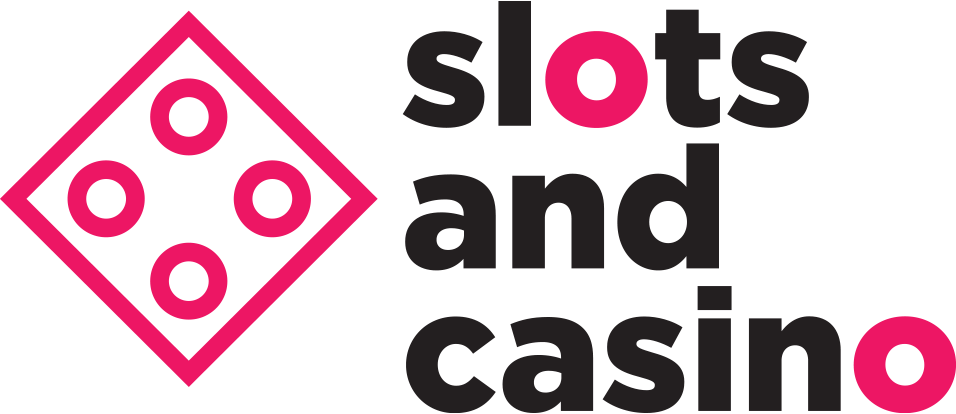



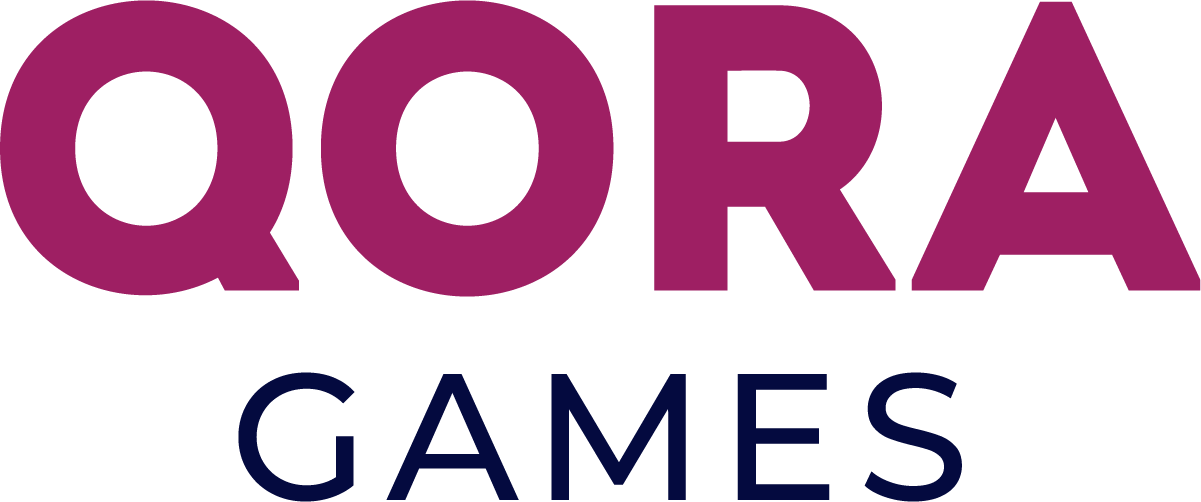
















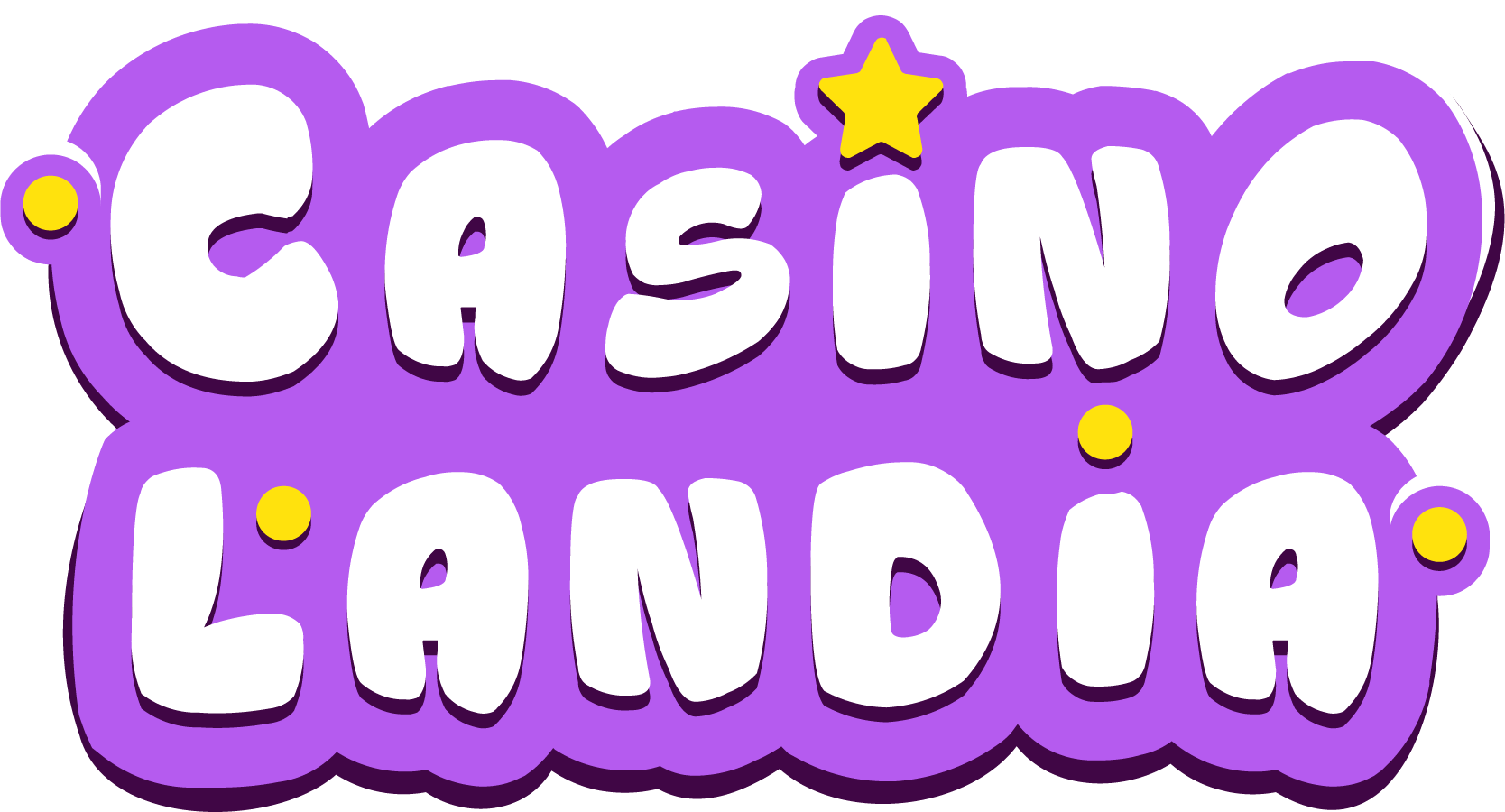




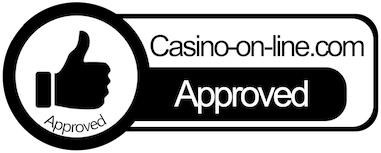



Follow us